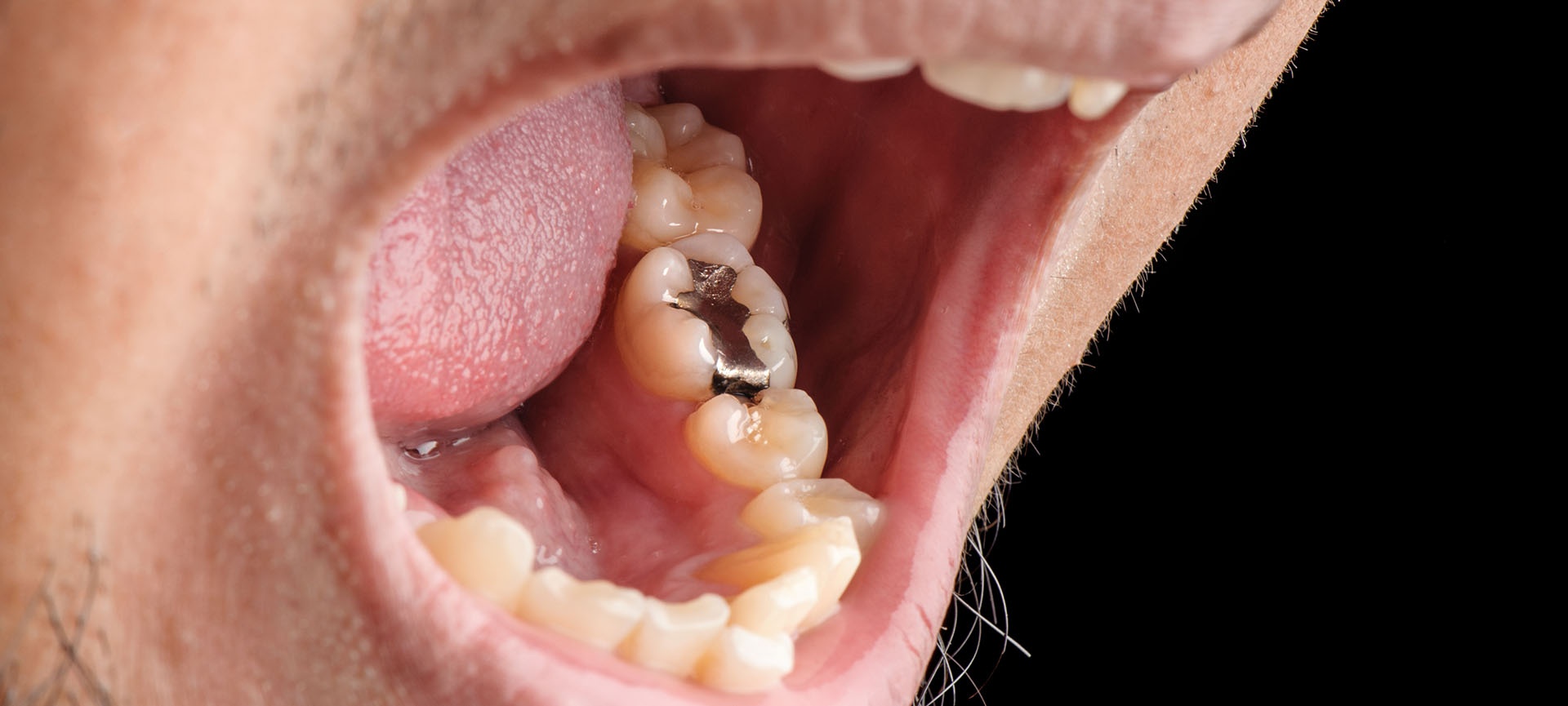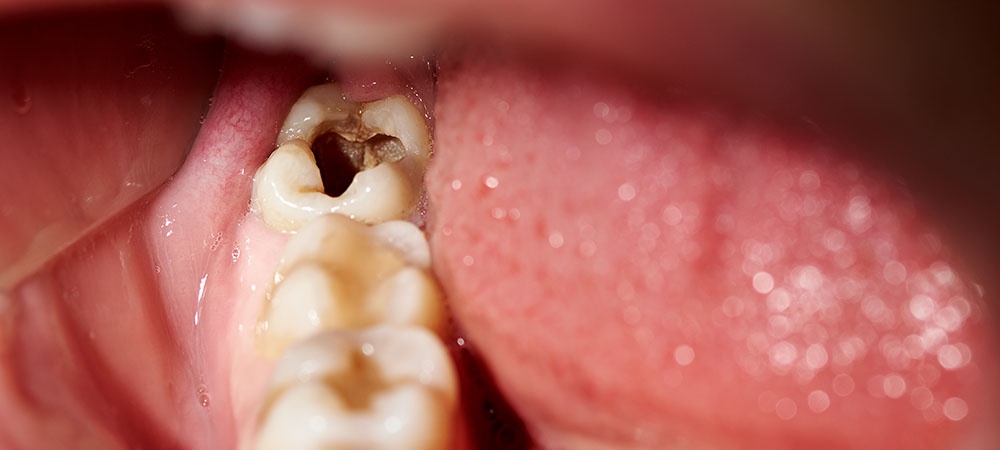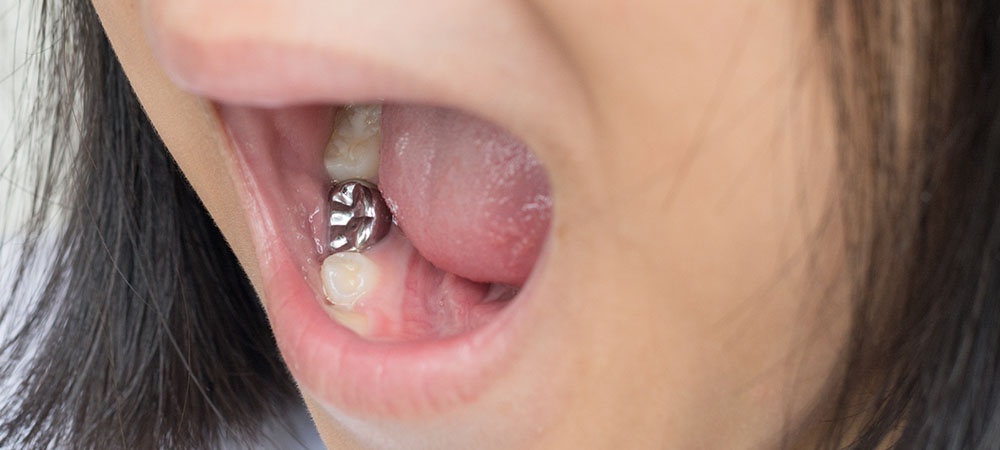A Canadian survey proves a consistent increase in filled teeth as age increases. The average toddler has about two filled teeth, and the figure increases to an average of nineteen teeth in the older adult age range.
So while you’re still contemplating when to fill a dental cavity, numerous people are taking action. A tooth cavity isn’t a dental condition to toy with, as it spreads and affects other teeth. Therefore, you must act fast and fill it up to prevent your cavities from worsening.
Luckily, you have cavity-filling options ranging from metal to ceramic, gold, amalgam, and composite, amongst others.
This guide will show you why you need a tooth filling for your cavity and the best time to get one.
Stopping Cavity Growth
The most obvious reason to get a tooth filling as soon as you discover tooth decay is to curb its growth. A dental cavity takes about three years to form, and you may not get clear signs until it has reached a particular stage.
There are five stages to cavity formation, including;
- Deminirelizarion. This is the initial stage caused by exposure of the tooth to acids. This is when to fill dental cavity if you don’t want any spread.
- Affecting the enamel. The enamel stage is when you may start to notice the cavity, and by this time, you may have holes.
- The dentin stage is when you begin to feel pains around the affected tooth.
- The pulp decay stage is when the cavity has blood vessels and will most likely require fixing surgery.
- The abscess stage of a cavity is almost impossible to experience because of the accompanying pain, and it usually needs an immediate solution like removal.
The dental filling procedure when treating a cavity involves cleaning the decay thoroughly, treating it with antibiotics, and filling the affected tooth appropriately.
The stage of tooth cavity decay will determine the treatment type. For instance, if the cavity affects the pulp drastically, you may need root canal surgery to fix it. However, if it is in the early stages, the dentist may prescribe some antibiotics for you.
Tooth decay usually causes holes in the affected tooth, and treating it without filling still risks the tooth. If the acids from your meals can still pass through the holes, another decay is imminent.
Related Article: How Do I Find a Good Family Doctor in Toronto?
Preventing or Reducing Pain Due to Dental Cavities
Pains are the apparent signs you need to fill dental cavity. It’s pretty easy and common to ignore the early signs of cavities. Here’s how to tell you need a tooth filling;
- Stains on your teeth.
- Inconsistent pains. These pains may occasionally come, maybe when you bite into something.
- Sensitivity of an affected tooth.
Pain comes from cavities due to the bacteria’s presence in the mouth. The pain usually becomes unbearable when it starts affecting the pulp.
Once the decay reaches the pulp, it swells, and since there’s a fixed space for a tooth, it causes pain. The more the pulp gets swollen, the more the pain becomes unbearable.
According to the Canadian Dental Association, two types of cavities can affect you at the adult age;
- Root cavities. This typically occurs because the gum and teeth lose their bond. This situation happens either because of old age or rough tooth brushing consistently. Bacteria can find their way through the small space and decay the roots.
- Recurrent cavity. Fillings, when not fixed appropriately, can be an invitation to more tooth decay. That is why you need a trusted dentist when you need to fill dental cavity.
Both types of cavities can cause severe pains if you do not treat them early. Most dental filling procedures come in different stages of x-ray and confirmations before you can book an appointment. Sometimes, it can take days or weeks to get it done.
Therefore, do not wait till you need a tooth filling to prevent enduring pains.
Fillings Improve General Tooth Health
Improving your teeth health is one of the reasons to fill a dental cavity. No experienced dentist will go ahead to give a dental filling because you complained. They will first check to confirm the situation of the affected area, and most times, they examine the overall teeth.
They can decide the appropriate filling type for your teeth when they check this. In Canada, the most common dental filling is amalgam filling.
Some other standard dental filling options include;
- Composite filling
- Ceramic filling
- Glass filling
- Gold filling
The dentist choice of filling depends on your oral condition, aesthetics, and preference. You may want a golden tooth for aesthetics. But, the dentist will only use the filling if it works well with tooth decay. As much as possible, listen to the dentist because they know the functions of each filling.
- Composite fillings are versatile and can help tooth fractures and general structure. If you discover a tooth cavity early and fill it with a composite filling, it will support the tooth and stop the cavity from forming holes in the tooth.
- White composite filling also helps to add strength to a teeth fracture. Teeth fractures occur primarily by accident, either during sports or car accidents. White composite filling is usually the choice for solving these fracture challenges.
- Likewise, some of these teeth fillings can help you improve the color of your teeth while shielding them from any possible decay. If you want to use a filler to enhance your teeth, you can’t choose gold or silver fillings, as they have a distinct color compared to general teeth color.
Related Article: Can I Get a Prescription from a Walk-In Clinic?
Final Thoughts
When you think of when to fill dental cavity, is it the best time to get along with it? Tooth cavities may not precisely give unnecessary pains at their initial stages, but as they grow, it becomes unbearable. Therefore, the best time to fill a dental cavity is before it gets too painful.
At Lockwood Clinic, our dental filling treatment starts with a comprehensive oral health assessment. Our experts have the experience to help determine the best processes needed before, during, and after your filling procedure.
Call 416-921-2121 to book a consultation session with our friendly dentists.



